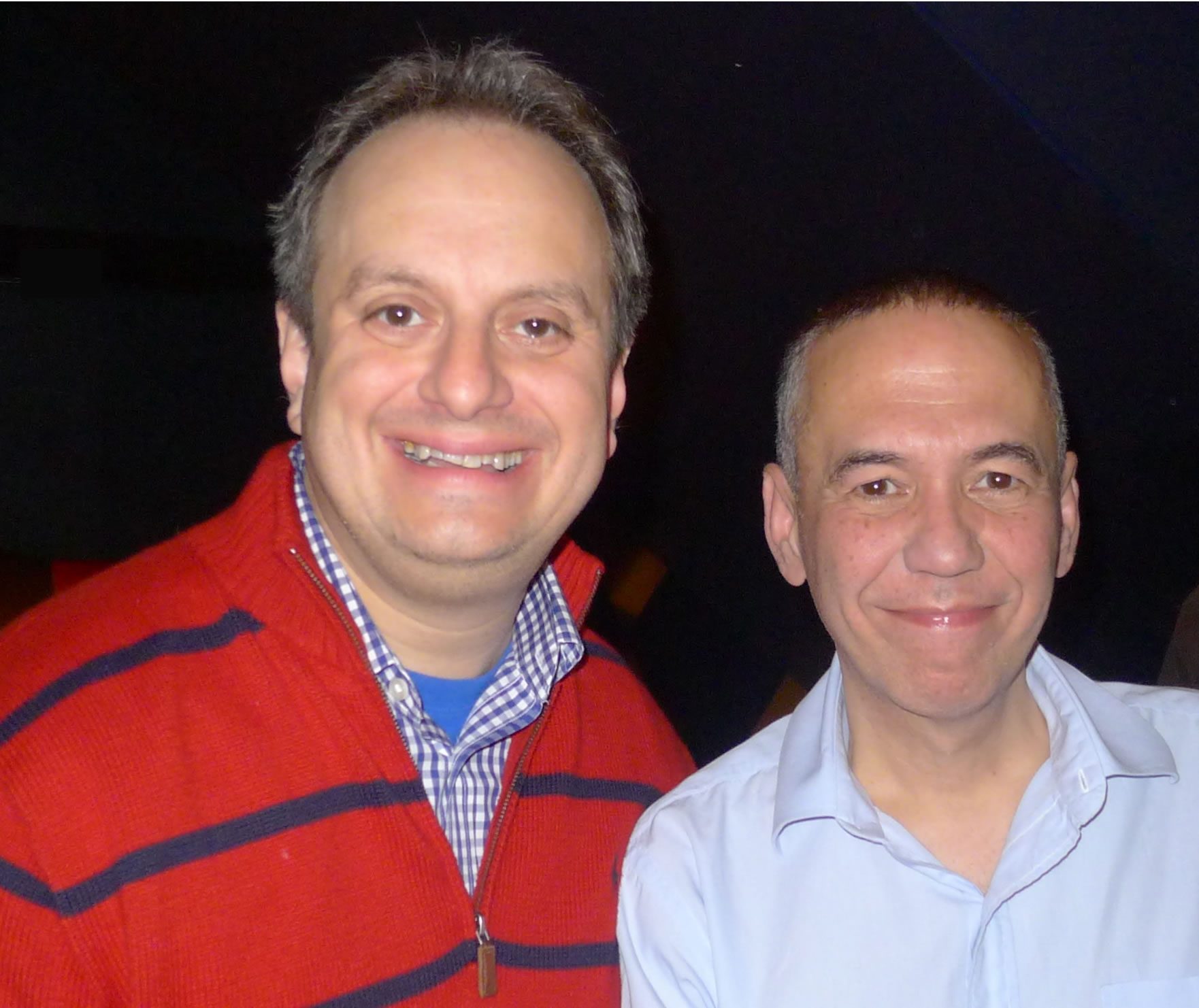
Yesterday, Wes Fryer published a blog post, Digital Citizenship Lesson from Gilbert Gottfried: The (former) Voice of the Aflac Duck.
While I understand Wes’ desire to teach kids (via their teachers) that they should be careful what they say online, I take great exception with the conclusions drawn in the post.
“…it highlights the very REAL consequences rash words can have, shared on Twitter or elsewhere.”
Wes suggests that Gottfried’s tweets were “rash.” I disagree. Gilbert Gottfried is a professional comedian who entertains his audience via Twitter, clubs, televised roasts, films, The Howard Stern Show and many other venues. All of this builds his brand and enhances his professionalism.
“It also brings up issues about professionalism and image, for individuals as well as organizations. Like it or not (and since he was apparently pulling in a six figure income for his work, I’d say he liked it) Gilbert was officially representing Aflac.”
Ok, where to start?
- Mr. Gottfried has a right to earn a living. In fact, I paid to see him live earlier this month and have purchased multiple copies of his DVD, Dirty Jokes, for myself and friends.
- He does not represent Aflac. He is the voice of a duck in its commercials. He is not the duck’s voice in Japan, the subject of his comedic, to some unpleasant, tweets.
- 99% of Aflac’s customers have no idea who voices the duck. In fact, the sort of person who gives their money to Aflac probably believes that ducks actually do talk.
Wes Fryer ends his post by asking, “What discussion questions might be good to use with students for this “teachable moment?” While I disagree that this story is about digital citizenship, here are some of the lessons I might share with students.
- Gilbert Gottfried is a comedic genius – one of the great artists of our time. He is considered a “comedian’s comedian” and held in great esteem by his peers.
- Aflac became a household name and likely earned billions of dollars due to Gottfried’s ability to quack the company name.
- Gilbert Gottfried should be admired and respected for his drive and determination to become a working comedian who can support himself and his family. He began working as a comedian forty-one years ago at age fifteen.
- Gilbert Gottfried’s comedy brings great joy to countless people.
- Humor is a great way to overcome tragedy.
- Humor is subjective.
- Talking TV ducks are not real.
- Adults are allowed to enjoy things not suitable for children.
- We live in an age of fake outrage where people’s livelihoods and reputations may be threatened my much less talented or accountable executives. Want to see a more disgusting example of this, see how the jerk who runs TED decided to smear comedian Sarah Silverman. Apparently, he lacks the digital citizenship required to “use the Google” before booking one of the nation’s most popular comedians for his annual smugfest.
- Gilbert Gottfried doesn’t go to the Aflac offices to tell executives how to rip-off consumers. What qualifies an Aflac executive to determine what is or isn’t funny?
- Sticks and stones may break my bones, but words will never hurt me. Surely they teach that in Sunday School, right?
- The Aflac executive who fired Gilbert Gottfried called more attention to the tweets than they would have received otherwise.
- It seems as if every infraction, not matter how minor, has become a death-penalty offense.
- Rich people and corporations have ultimate power and can break contracts with impunity.
- I just saw the new Aflac commercial where they capitalize (profit) on the firing of their duck voice.
Since Wes Fryer connected the tweeting duck controversy to digital literacy, perhaps students should use the Google and investigate Aflac. Doing so could lead to quite interesting G-rated discussions:
Does Aflac pay insurance claims to customers?
- Do Aflac employees have to pay for their own training, supplies and offices, often with no income or health insurance? (Here and elsewhere)
- Why do Americans need what Aflac sells?
- Are the numerous attacks on the integrity of Aflac found on the Web truthful? How would you verify them?
- Why do Americans spend so much on health insurance?
- How many Americans have no health insurance?
- How many of your classmates cannot afford medical care?
Veteran educator Gary Stager, Ph.D. is the author of Twenty Things to Do with a Computer – Forward 50, co-author of Invent To Learn — Making, Tinkering, and Engineering in the Classroom, publisher at Constructing Modern Knowledge Press, and the founder of the Constructing Modern Knowledge summer institute. He led professional development in the world’s first 1:1 laptop schools thirty years ago and designed one of the oldest online graduate school programs. Gary is also the curator of The Seymour Papert archives at DailyPapert.com. Learn more about Gary here.
